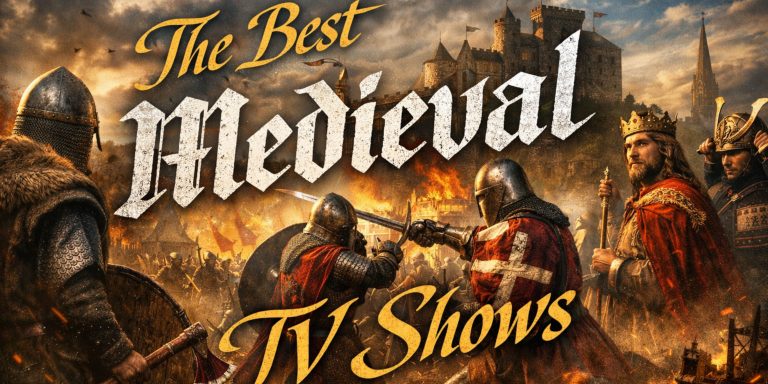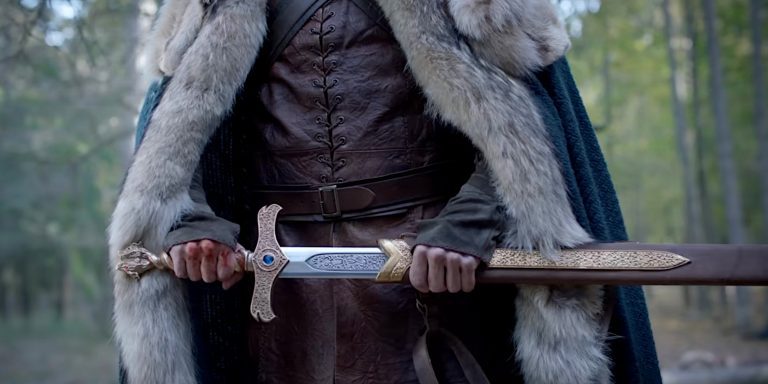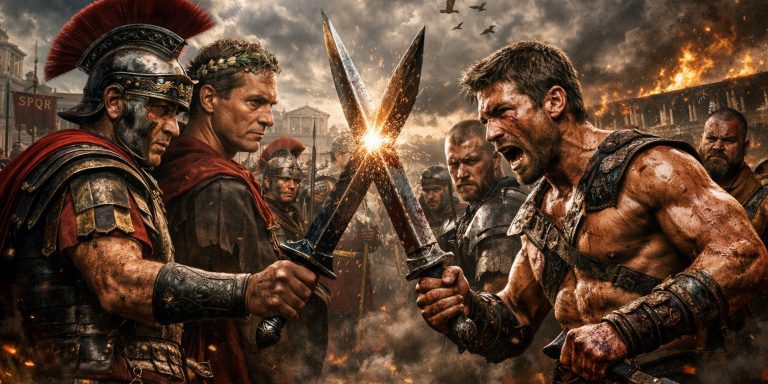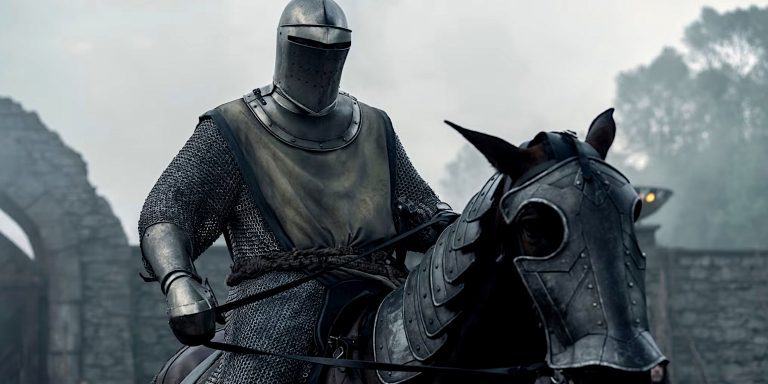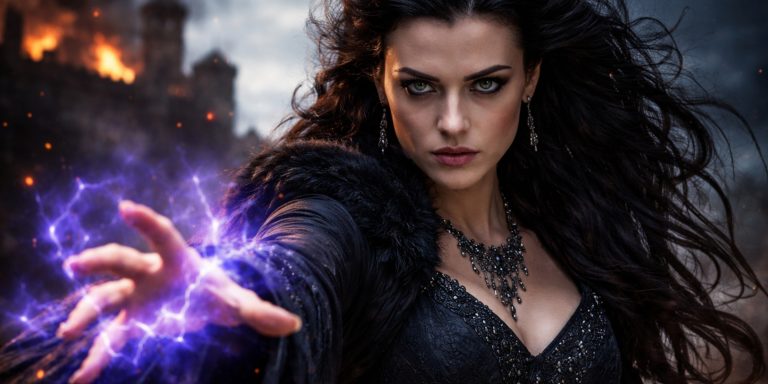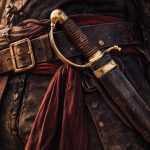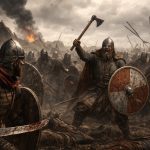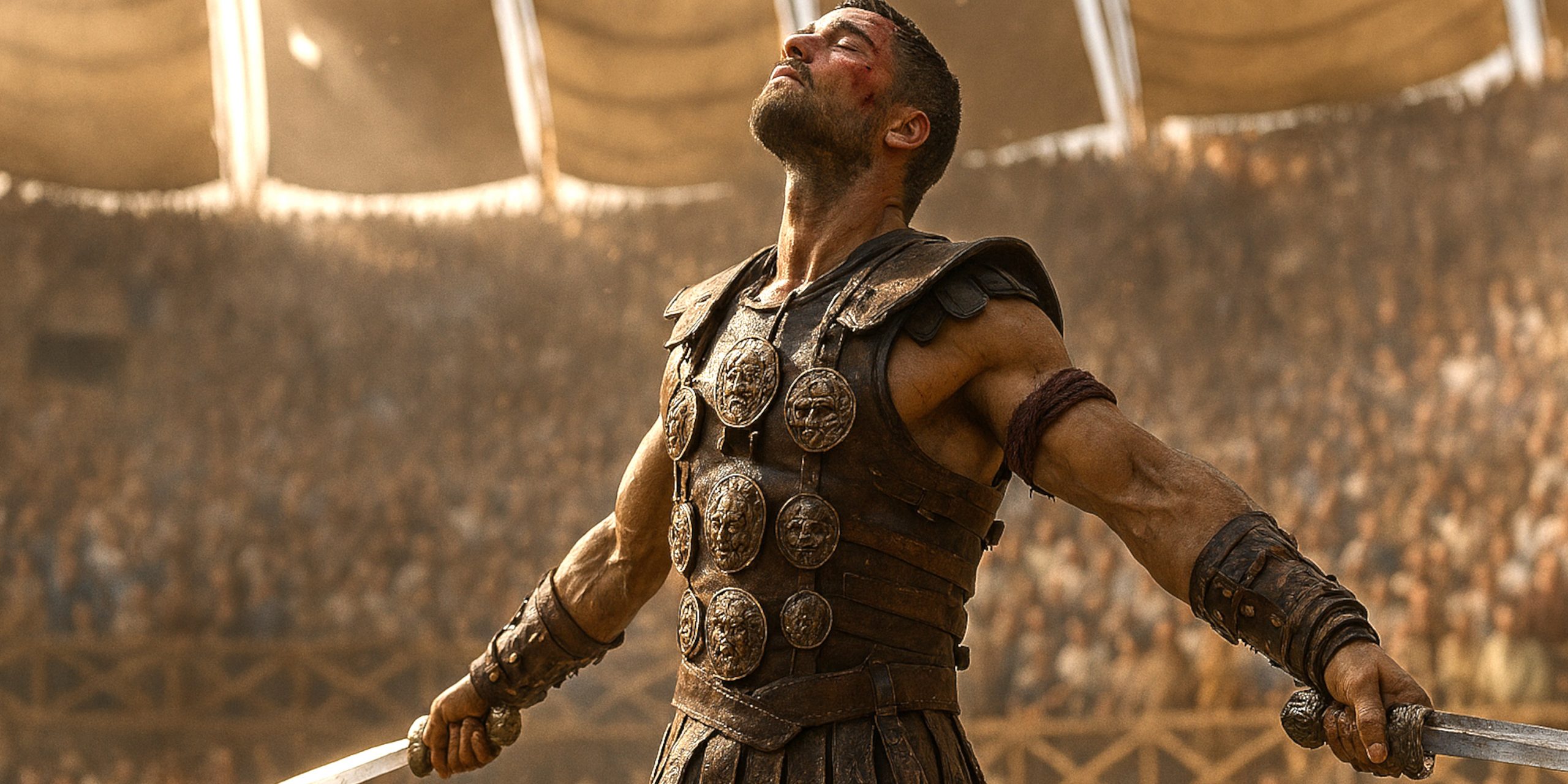
Spartacus built its reputation on excess. Blood, politics, betrayal, slow motion carnage. Yet what truly defined it was timing. Characters rarely died when it felt convenient. They died when it hurt most.
With Spartacus: House of Ashur revisiting this brutal world, it is worth ranking the ten deaths that genuinely shocked audiences. This list considers the episode, the actor’s performance, and how hard the moment landed.
Ranked from devastating to utterly jaw dropping.
10. Barca
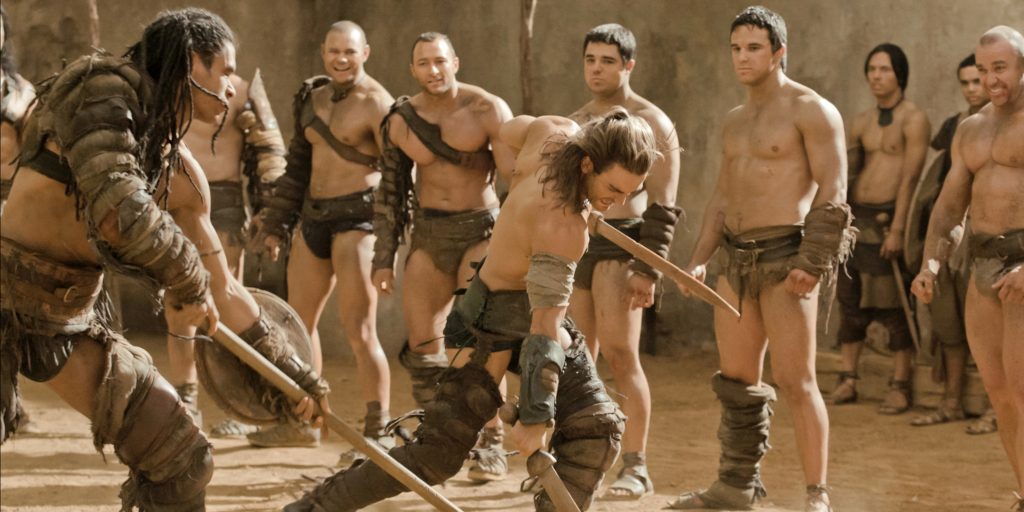
Actor: Antonio Te Maioha
Series: Spartacus: Blood and Sand
Episode: “Legends”
Barca’s death is early in the run, which makes it quietly brutal. He is executed under false pretences, his loyalty discarded the moment it becomes inconvenient.
There is no arena spectacle. No heroic last stand. Just a calculated removal. That restraint gives it power. It signals that this show will not honour strength or fairness. If you are expendable, you are gone.
Shock value rating, moderate but formative. It changed the temperature of the series.
9. Mira
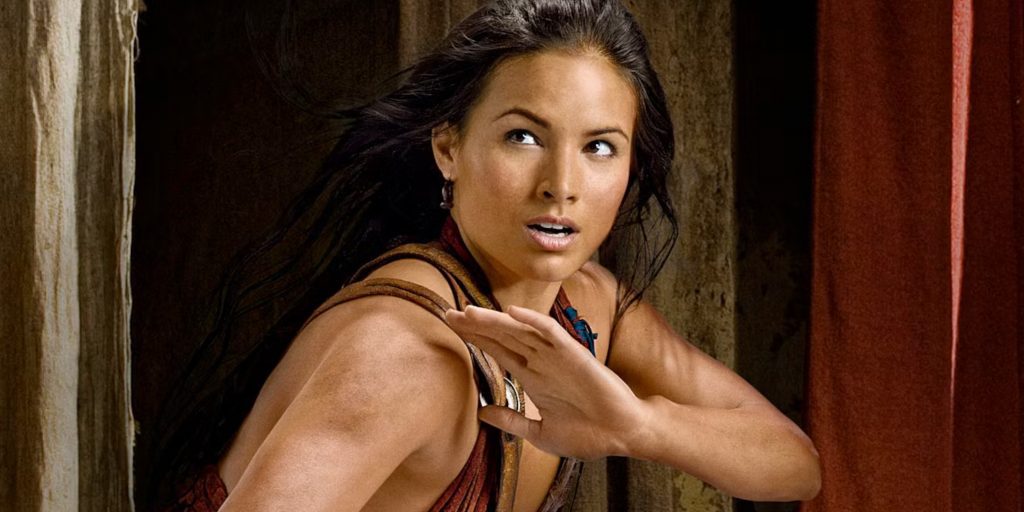
Actor: Katrina Law
Series: Spartacus: Vengeance
Episode: “Monsters”
Mira grows into a capable warrior and emotional anchor for Spartacus. Her death in battle comes fast and without ceremony.
Katrina Law plays the moment with surprising restraint. No melodrama. Just the reality of war. The shock lies in how sudden it feels. One second she is fighting beside him, the next she is another casualty.
It reinforces that rebellion is not romantic. It is attrition.
8. Oenomaus
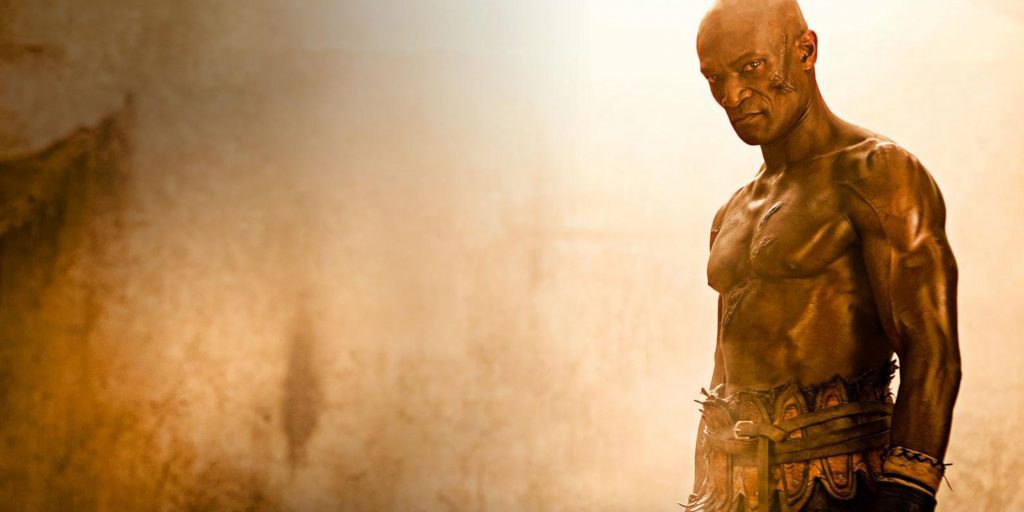
Actor: Peter Mensah
Series: Spartacus: Vengeance
Episode: “Monsters”
Oenomaus is tortured, betrayed by circumstance, and forced into moral conflict before he falls. His death feels earned but crushing.
Peter Mensah gives the character gravitas. When he dies, it feels like losing the ethical backbone of the rebellion. After this episode, the series leans harder into desperation.
Shock value rating, emotional rather than explosive.
7. Ilithyia
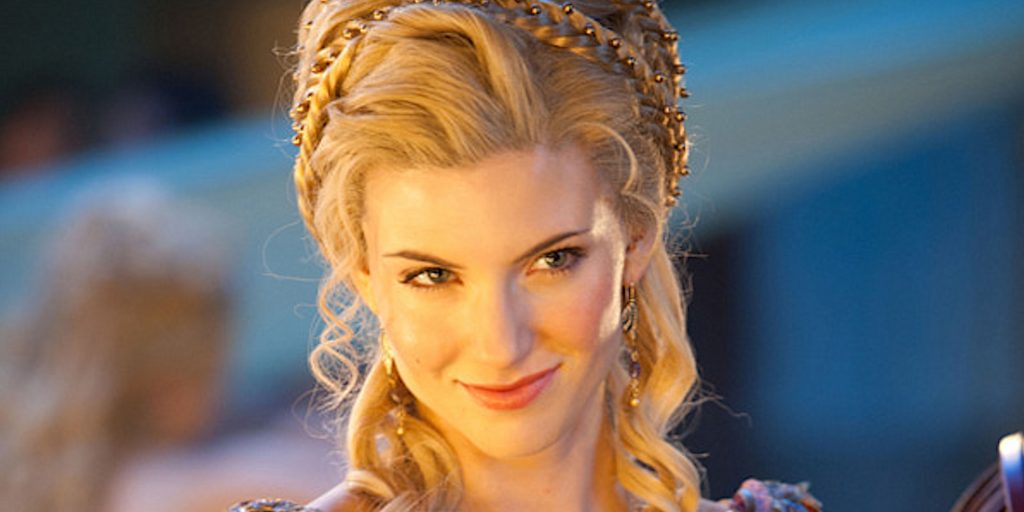
Actor: Viva Bianca
Series: Spartacus: Vengeance
Episode: “Wrath of the Gods”
Ilithyia’s death is shocking because it happens in a moment that feels almost like reconciliation. Instead, it spirals into one of the series’ most disturbing scenes.
Viva Bianca plays Ilithyia with venom and vulnerability. Her end is intimate and psychologically twisted. No arena. No cheering crowd. Just raw collapse.
It leaves you uneasy rather than triumphant.
6. Crixus
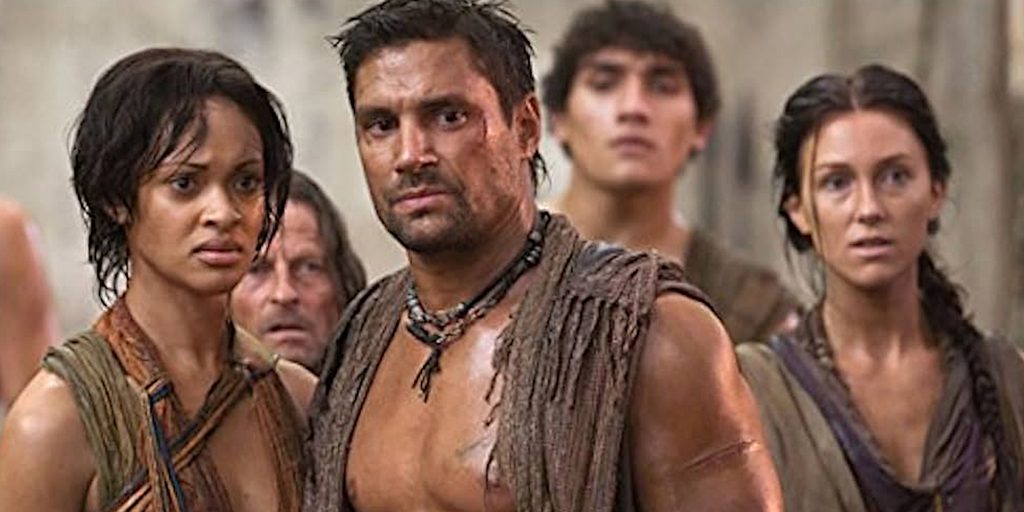
Actor: Manu Bennett
Series: Spartacus: War of the Damned
Episode: “Separate Paths”
Crixus splits from Spartacus out of pride and impatience. Rome captures him and stages his execution as spectacle.
Manu Bennett delivers raw defiance in his final moments. You know the rebellion is faltering, but losing Crixus feels like losing its fiercest engine.
The shock is not that he dies. It is that the rebellion fractures because of it.
5. Lucretia
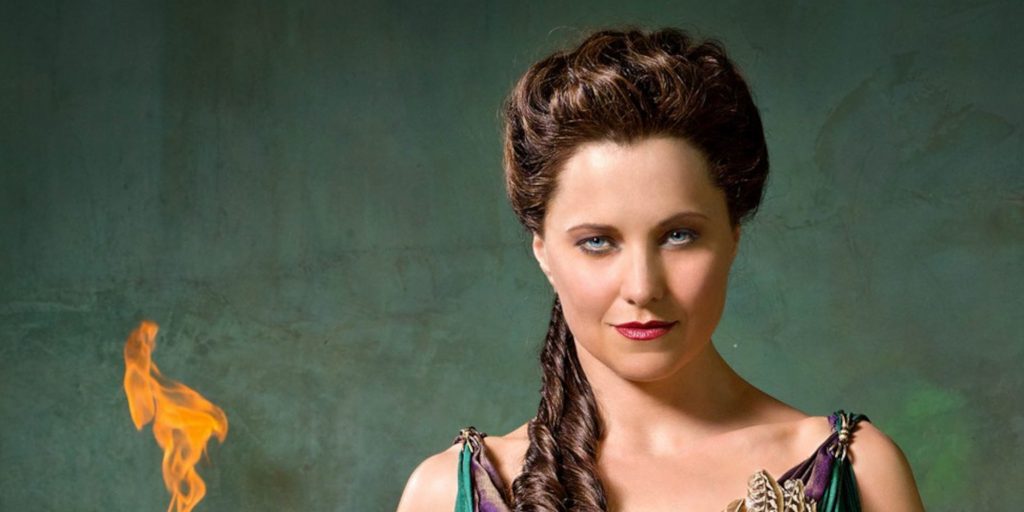
Actor: Lucy Lawless
Series: Spartacus: Vengeance
Episode: “Wrath of the Gods”
Lucretia survives what should have ended her in Blood and Sand, only to unravel completely.
Lucy Lawless is magnetic throughout. Her final act is tragic and unsettling. It feels less like justice and more like watching someone consumed by obsession.
Shock value rating, psychological devastation.
4. Batiatus
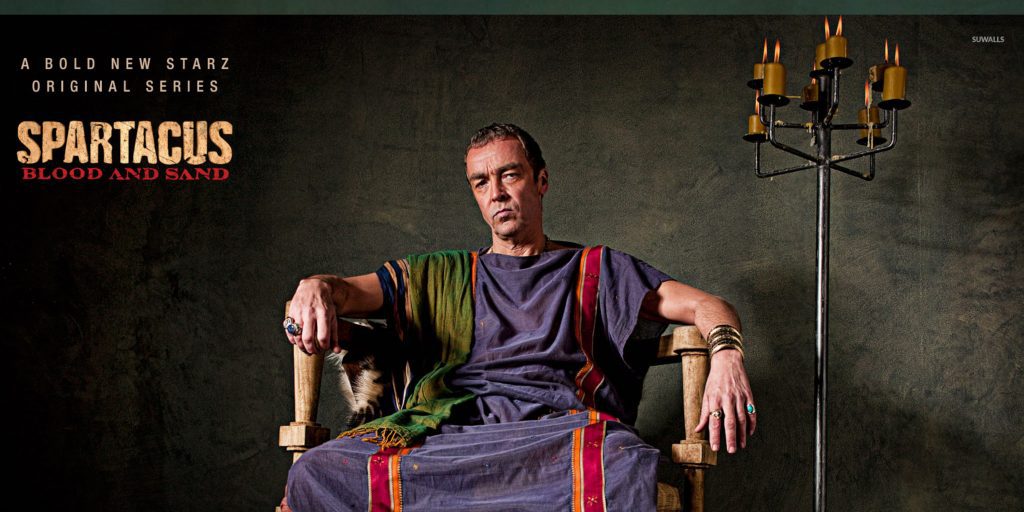
Actor: John Hannah
Series: Spartacus: Blood and Sand
Episode: “Kill Them All”
The Season One finale is a bloodbath. When Spartacus kills Batiatus, it feels like the end of one show and the start of another.
John Hannah steals scenes with theatrical menace. His death is explosive and cathartic, yet still shocking because he seemed untouchable inside Capua.
After this episode, the scale expands. Rome is now the enemy.
3. Gannicus
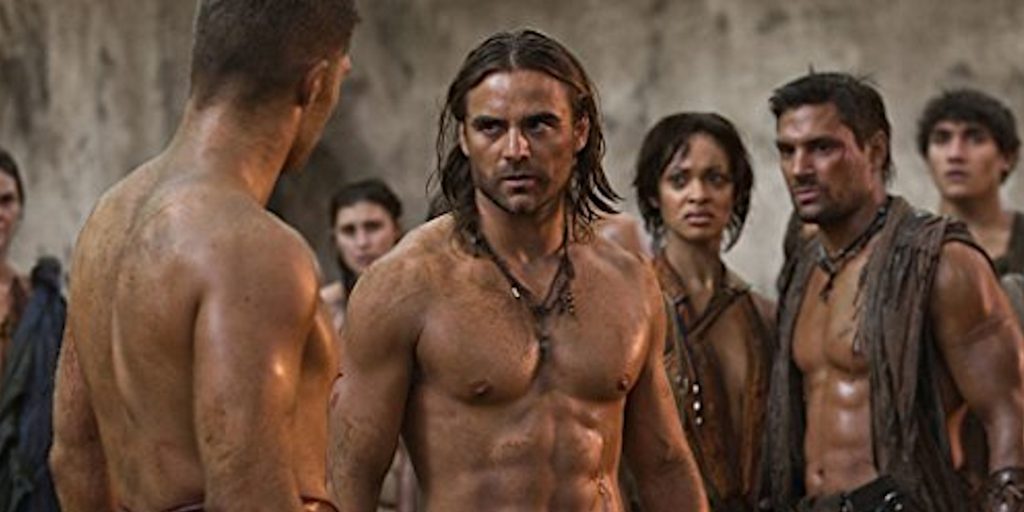
Actor: Dustin Clare
Series: Spartacus: War of the Damned
Episode: “Victory”
Gannicus ends crucified, smiling in defiance.
Dustin Clare turns what could have been simple tragedy into something iconic. His character arc from self serving champion to committed rebel makes the moment hit brutally hard.
It is visually shocking and emotionally final.
2. Ashur
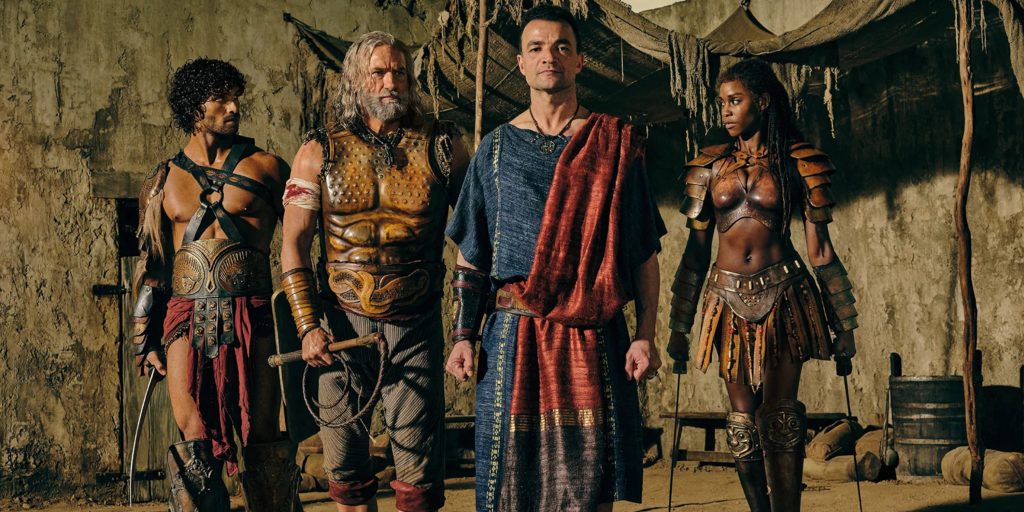
Actor: Nick Tarabay
Series: Spartacus: Vengeance
Episode: “Wrath of the Gods”
Ashur survives everything. Betrayals, beatings, shifting alliances. His death arrives suddenly and violently.
Nick Tarabay plays him with slippery charisma. When he falls, it feels like the end of a long game.
The shock deepens in 2026 because House of Ashur revisits the character’s trajectory. Knowing what comes next reframes the original execution.
1. Spartacus
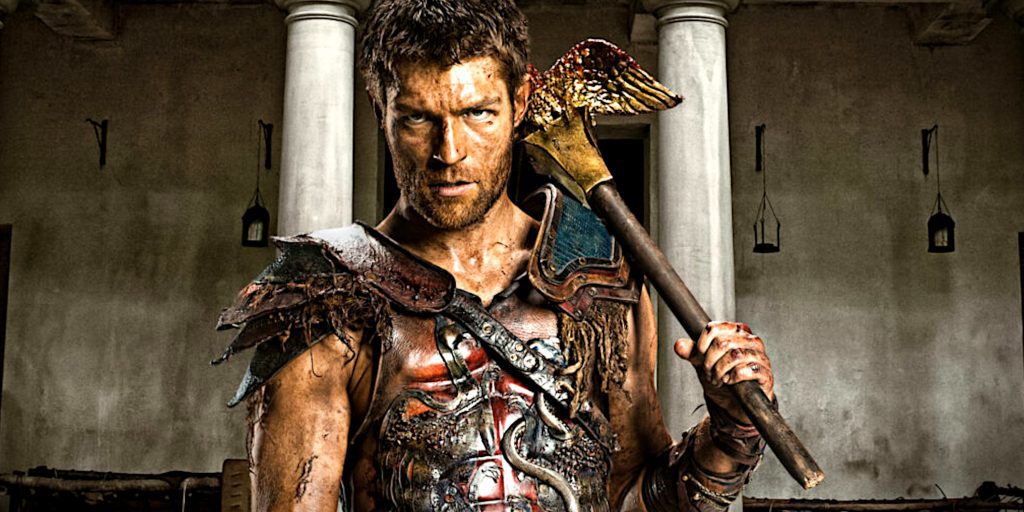
Actor: Liam McIntyre
Series: Spartacus: War of the Damned
Episode: “Victory”
You expect it historically. You are not prepared emotionally.
Liam McIntyre carries the final season with controlled intensity. In “Victory,” Spartacus fights knowing the odds are impossible. His death is less about defeat and more about legacy.
The shock is existential. The rebellion ends. The dream fractures. Yet the idea survives.
No other death reshaped the series so completely.
Why These Deaths Still Resonate
What made Spartacus different was commitment. Characters did not die for cheap twists. They died because of ambition, pride, love, or miscalculation.
With House of Ashur expanding the mythos, these moments matter more than ever. They form the emotional foundation of the franchise.
Rewatching in 2026, the violence still shocks. The writing is what lingers.e characters we knew, admired, and mourned, and they did not die quietly.

